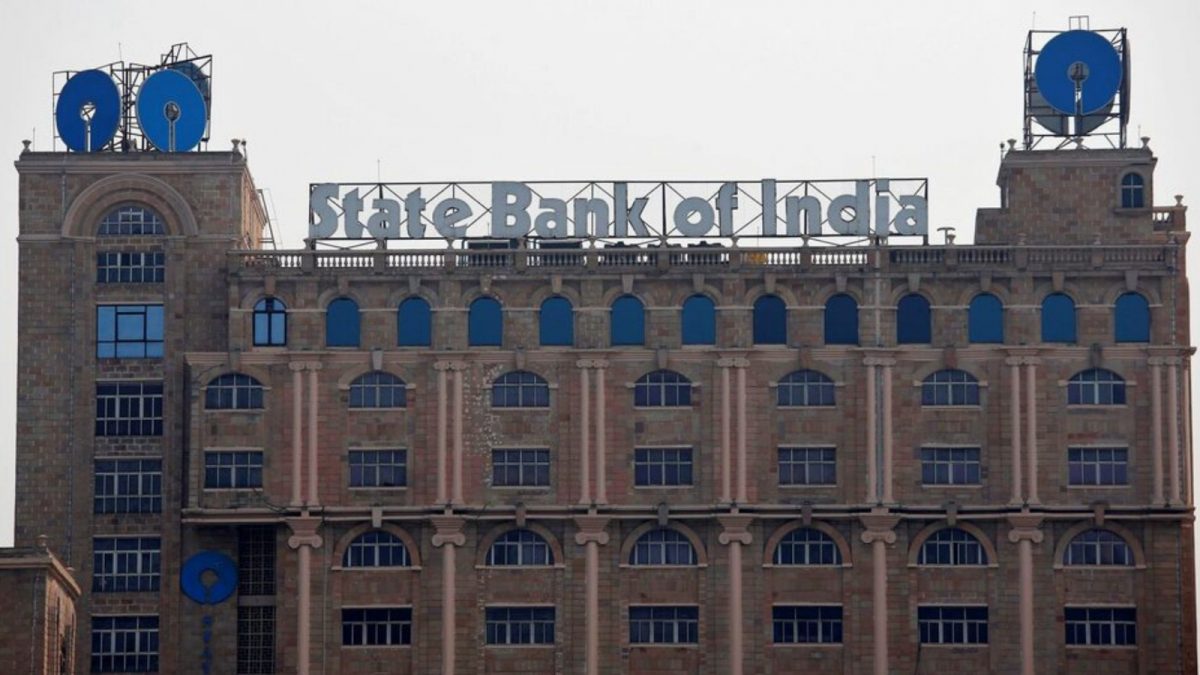A total of 22,217 electoral bonds were purchased and 22,030 redeemed by political parties between April 1, 2019, and February 15, 2024, the State Bank of India (SBI) told the Supreme Court on Wednesday.
A compliance affidavit was filed by Chairman of SBI, Dinesh Kumar Khara, to the SC, a day after the bank sent all electoral bonds data to the Election Commission of India (ECI) as per the order of the court.
What happened to remaining 187?
In the affidavit, the bank, the authorised financial institution under the scheme, said, as per rules, the remaining 187 were redeemed and the money has been deposited in the Prime Minister’s national relief fund.
Password-protected document
In the compliance affidavit, the SBI informed that the details of the electoral bonds were submitted to the poll body in a pen drive.
It further said the electoral bonds data is on two PDF files that are password-protected.
Passwords were given in a separate envelope.
Details of SBI’s electoral bonds data
As per the data provided by SBI, a total of 3,346 electoral bonds were purchased between April 1 to 11, 2019. During the period, a total of 1,609 bonds were redeemed.
From April 12, 2019, to February 15, 2024, a total of 18,871 electoral bonds were purchased and 20,421 bonds were redeemed, the data by the bank added.
Impact Shorts
More ShortsWhat does affidavit filed by SBI to SC say?
SBI chairman apprised that the affidavit filed by the bank mentions:
1 - Date of purchase of each electoral bond
2 - Name of the purchaser
3 - Denomination of the electoral bond purchased
4 - Date of encashment of the electoral bonds
5 - Name of political parties who have received the contributions
6 - Denomination of the bonds.
When can you view electoral bonds data?
On March 11, a five-judge Constitution bench of Supreme Court headed by Chief Justice of India (CJI) DY Chandrachud dismissed the SBI’s plea seeking an extension of time and ordered it to disclose the details of electoral bonds to the EC by close of business hours on March 12.
The court also directed the ECI to publish the details shared by SBI on its official website by 5 pm on March 15 after which people can view the data.
On February 15, the Supreme Court, in a landmark verdict, scrapped the Centre’s electoral bonds scheme calling it “unconstitutional” and ordered disclosure by the ECI of donors, the amount donated by them and the recipients.
Ordering the closure of the scheme, the SC had directed the SBI, to submit the details of the electoral bonds by March 6 purchased since April 12, 2019.
But on March 4, the bank requested the court for an extension till June 30. This extension was challenged by the Association for Democratic Reforms (ADR), which was among the petitioners who had opposed the electoral bonds scheme.
What was electoral bonds scheme?
On January 2, 2018, the Central government announced the electoral bonds scheme which was pitched as an alternative to cash donations made to political parties as part of efforts to bring in transparency in political funding.
The first sale of electoral bonds took place in March 2018.
An eligible political party could encash electoral bonds only through a bank account with the authorised bank.
With inputs from agencies


)

)
)
)
)
)
)
)
)



